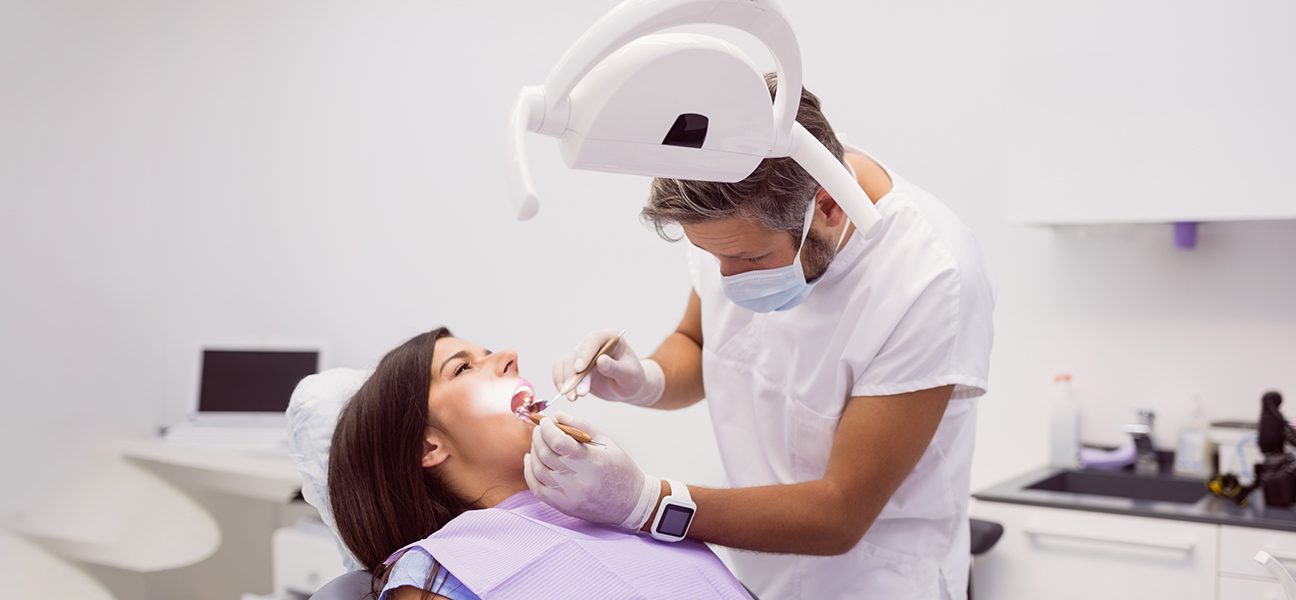Understanding the Process of Oral Cancer Screenings in Grimsby
Staying ahead of serious health issues starts with awareness. These simple checks can help spot changes early and protect your long-term health.Oral cancer screenings in Grimsby, ON, offer a vital first step in detecting concerns before they become severe. Your dental team will walk you through each step with clear explanations and attentive care
Importance of Early Detection in Oral Cancer
Time matters. The earlier a problem is found, the better your chances of dealing with it quickly and effectively.Mouth cancer often begins quietly, without any clear symptoms. That’s why regular checks are key
- Early stages often go unnoticed. Oral cancer doesn’t usually cause pain in the beginning. That’s why regular checks are key
- Survival rates improve. When found early, the success rate of treatment goes up
- Reduces the need for complex treatment. Surgery or radiation becomes more manageable in earlier stages
Routine checks give your dentist a chance to spot small changes before they become serious problems
Steps of an Oral Cancer Examination
Anoral cancer test isn’t complicated or scary. In fact, it takes only a few minutes and can be done as part of your regular dental visit
Here’s what your dentist will do
- Visual check – The dentist examines your lips, gums, cheeks, tongue, and palate for any irregular areas, swelling, or lesions
- Touch and feel – Gentle manual examination of your oral and neck tissues helps the dentist detect any abnormal swellings or firm spots
- Ask questions – They might ask if you’ve noticed anything new, like a sore that won’t heal or a patch that feels rough
It’s simple, pain-free, and can offer peace of mind
Common Signs and Symptoms of Oral Cancer
While your local dentist will do a thorough exam, it helps to know the warning signs at home. Some things to watch for
- White or red patches inside the mout
- A sore that doesn’t go away after two week
- Pain or numbness feeling in the tongue or lip
- Difficulty chewing or swallowin
- Hoarseness or a sore throat that linger
- A lump or thick area inside the chee
These signs don’t always mean cancer, but they’re worth checking out. If anything feels unusual, it’s smart to talk to your dentist or anemergency dentist in Grimsby immediately
Risk Factors Associated with Oral Cancer
Understanding your risk helps you stay ahead of the game. Oral cancer can affect anyone, but some things make it more likely
- Tobacco use – Cigarettes, cigars, chewing tobacco—all increase your chances
- Alcohol consumption – Especially when used along with tobacco
- HPV infection – Certain strains are linked to oral cancers
- Excess sun exposure – This can lead to lip cancer
- Family history – Genetics can play a role
Talk openly with your dentist if any of these apply to you. They’ll help you understand your risks and plan the right screening schedule
How Dentists in Grimsby Conduct Screenings
Most dentists in town follow a clear and careful method when performing oral cancer screenings. It’s quick, gentle, and part of your overall dental care. Screenings are often built into your routine checkups for added peace of mind
Here’s how it’s done
- Start with a full look at your lips, inside cheeks, gums, and under your tongu
- Next, the dentist feels along your jaw, neck, and under your chin for signs of swellin
- They’ll check the sides of your tongue and the floor of your mout
- If something seems off, you might be referred for further testin
Simply show up for your appointment—your dentist will take care of everything with skill and attention to detail
The Role of Technology in Oral Cancer Detection
Technology has changed the way dental teams find and treat problems. In cancer screenings, it adds another level of care. Some clinics use light-based devices that help spot changes in tissue that may not be visible to the eye
These tools
- Detect abnormal cells earl
- Give more details than a visual check alon
- Help guide the need for a biopsy or referra
Your localdental clinic in Grimsby may have these tools available. Ask your dentist about the screening process and whether enhanced imaging is part of your exam
Frequency and Timing of Oral Cancer Screenings
You don’t need a separate appointment for a screening. Most dentists include it in their regular visits. But how often should you have it
- Every 6 months is ideal for most adult
- If you use tobacco or drink often, you may need to have checks more frequentl
- Older adults or those with past oral health problems should talk to their dentist about a custom pla
It’s better to do more than not enough. These checks take just minutes and could save your life
Final Thoughts
Oral cancer screenings save lives, and taking action today could make all the difference tomorrow. Quick, comfortable, and part of your routine care, they’re a smart step for long-term health.Olive Street Dental is here to support you with professional care and attention. Book your screening now and take control of your oral health with confidence
